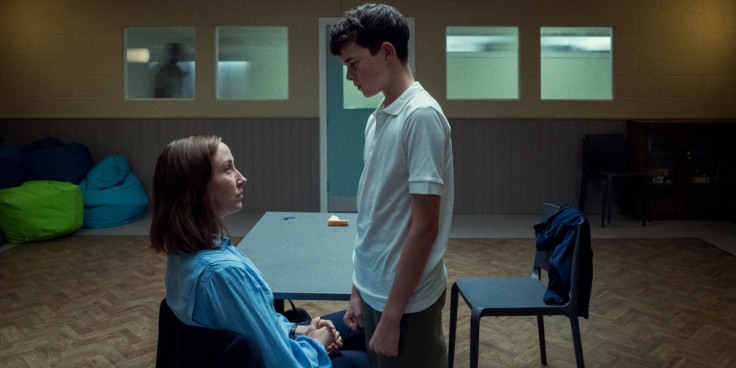
Adolescence, Netflix's gritty four-part drama that stunned audiences earlier this year, took home the top prize for Outstanding Limited or Anthology Series at the 2025 Emmy Awards in Los Angeles on Sunday. It was a clean sweep across the acting categories, with stars Stephen Graham, Erin Doherty, and 15-year-old newcomer Owen Cooper all earning their honours for their haunting performances.
But while the Emmys recognised the drama's artistic brilliance, it was not an easy ride for Adolescence back at home. Its core storyline, which is about a teenage boy fatally stabbing a classmate under the influence of radical misogynist ideology, cuts uncomfortably close to Britain's ongoing knife crime crisis, especially among young people.
Hence, with knife-related violence still surging in many UK cities, Adolescence has become more than just a TV hit.
A Controversial Plot That Refuses to Fade
Written by Jack Thorne and co-created with Stephen Graham, Adolescence centres on 13-year-old Jamie Miller, who allegedly stabs a female classmate to death at school after falling down a rabbit hole of online 'incel' propaganda. While fictional, the series is uncomfortably rooted in real-world fears, and it doesn't let audiences look away.
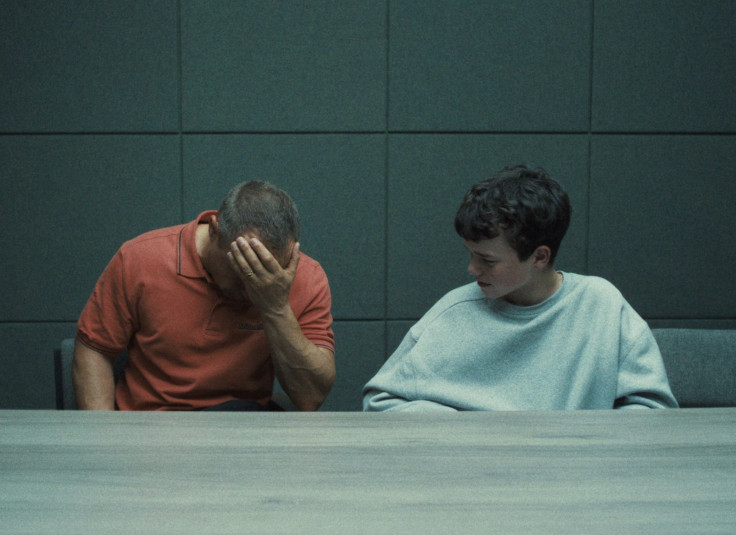
The reaction has been intense. Some viewers praised its unflinching portrayal of digital radicalisation; others questioned whether the show went too far. But the controversy hasn't been confined to opinion pieces and comment threads.
Thorne spoke candidly to GQ, recalling the backlash after appearing on Channel 4 News, 'The comment stream afterwards was all about how I looked. It was all about my oestrogen levels, and my testosterone levels, and who I was as a man.'
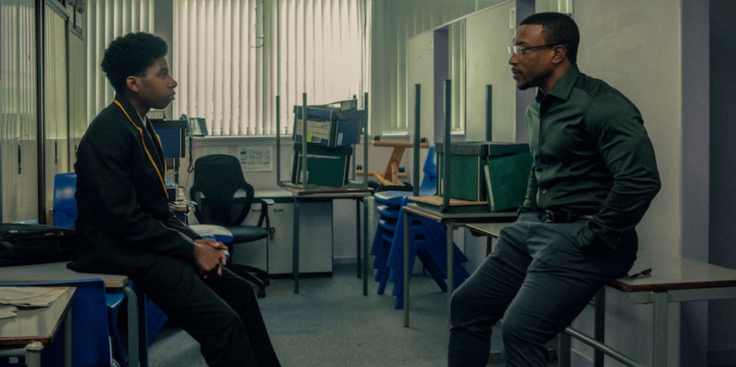
This wave of scrutiny, reminiscent of earlier Netflix dramas like Baby Reindeer, underscores how fiction can spark very real consequences, especially when it touches on hot-button issues like youth violence and internet culture.
Teenage Knife Crime: Grim Reality Behind Fiction
The UK's knife crime problem is no dramatic exaggeration. According to research conducted by Reolink, an average of 282 knife-related offences occur daily, with teenagers aged 15 to 19 facing the highest risk of being stabbed. In fact, the study also claims that teens in this age group are four times more likely to be victims than adults in their 30s.
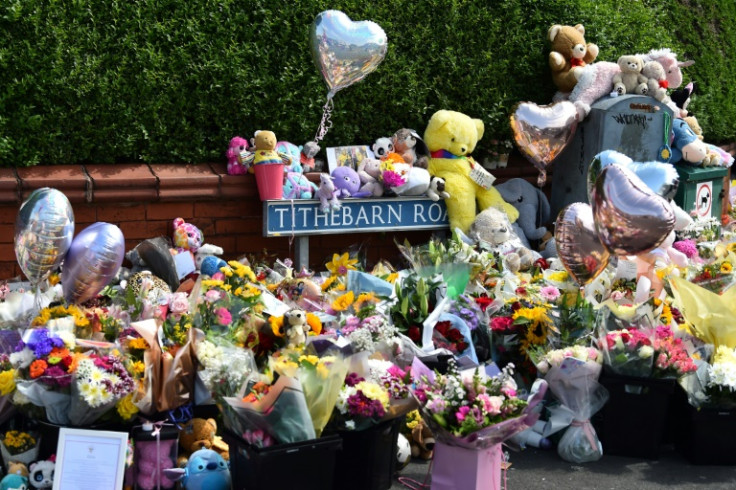
Though overall knife crime has fallen slightly since 2021, incidents involving under-16s have risen by 14%. That trend makes Adolescence particularly resonant and troubling.
The show's premise is not a leap from reality. Young people are increasingly exposed to online misogyny, radical forums, and a culture that frames violence as validation. Combine that with poverty, school exclusions, and limited youth services, and the environment becomes fertile ground for dangerous outcomes.
A National Crisis in Urban Centres
While Adolescence is fictional, the knife crime hotspots it reflects are very real. Data shows that London leads the country, with over 14,500 knife crimes annually, including hundreds involving school-aged youth. Boroughs like Croydon and Newham see some of the highest violent crime ratios in the nation.
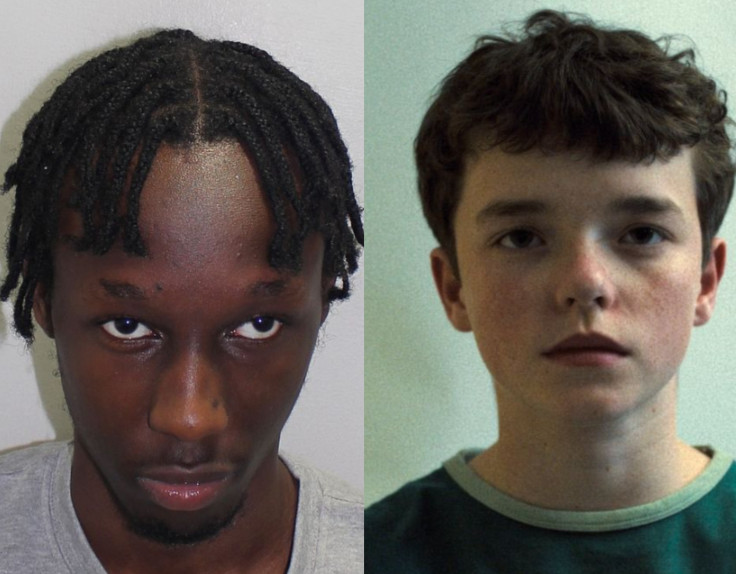
Other cities follow closely. Manchester's Moss Side, Birmingham's Handsworth, and Liverpool's Toxteth have all become synonymous with youth stabbings, often driven by gang activity, deprivation, and drug networks. Weekend nights, especially during the summer, are peak danger periods.
Even schools aren't safe. In Sheffield and Bristol, police have reported increasing blade finds in classrooms and corridors.
And yet, more than 40% of stabbing victims never report their attacks, according to NHS trauma data. The official numbers may understate the true scale of the crisis.
Meanwhile, at the Emmys, Stephen Graham used his acceptance speech not to celebrate personal victory, but to champion unity and humility. 'Whether or not you were an executive producer... or the fella that was cleaning the toilets in our Winnebagos, we were all equal. So just look after each other.'
But as the UK continues to face rising youth violence and online radicalisation, Adolescence's true impact will be measured not by awards, but by whether society chooses to reckon with the crisis it portrays.







